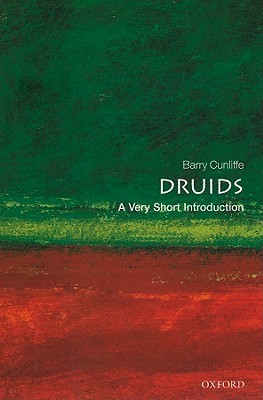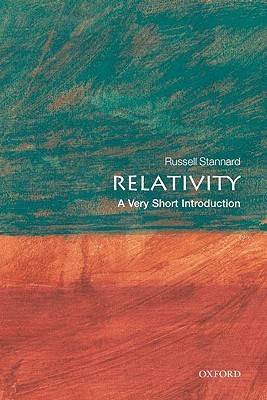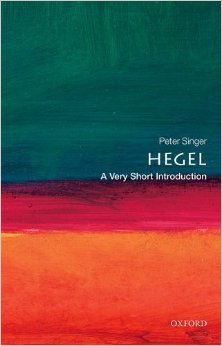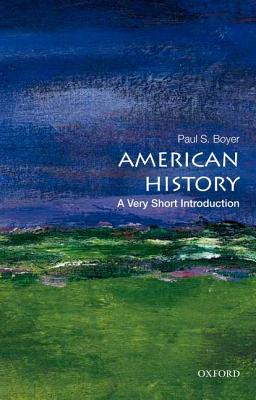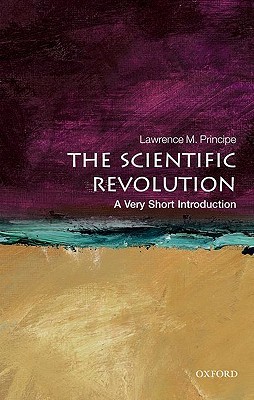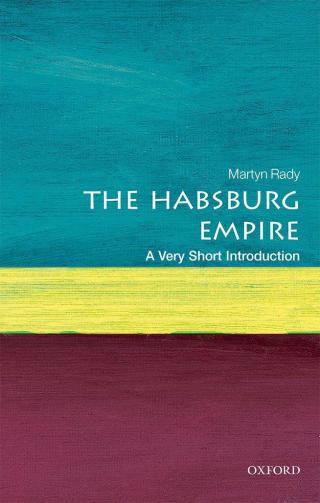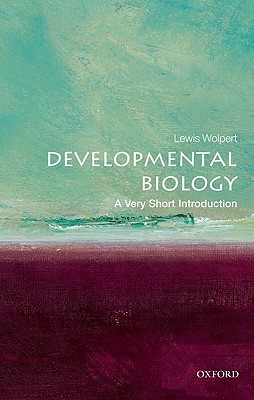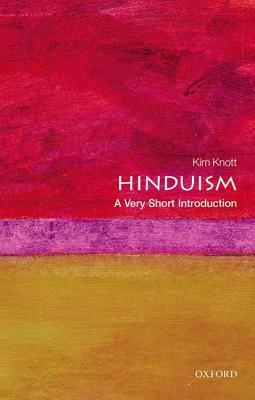Rather than presenting a conventional chronology of Russian literature, Russian Literature: A Very Short Introduction explores the place and importance in Russian culture of all types of literature. How and when did a Russian national literature...
Формат:
только полные версии
"The last great mystery for science," consciousness has become a controversial topic. Consciousness: A Very Short Introduction challenges readers to reconsider key concepts such as personality, free will, and the soul. How can a physical brain...
The Druids have been known and discussed for at least 2400 years, first by Greek writers and later by the Romans, who came in contact with them in Gaul and Britain. According to these sources, they were a learned caste who officiated in religious...
If you move at high speed, time slows down, space squashes up and you get heavier. Travel fast enough and you could weigh as much as a jumbo jet, be flattened thinner than a CD without feeling a thing-and live forever! As for the angles of a...
Hegel is regarded as one of the most influential figures on modern political and intellectual development. After painting Hegel's life and times in broad strokes, Peter Singer goes on to tackle some of the more challenging aspects of Hegel's...
In a miracle of concision, Paul S. Boyer provides a wide-ranging and authoritative history of America, capturing in a compact space the full story of our nation. Ranging from the earliest Native American settlers to the presidency of Barack Obama,...
The sixteenth and seventeenth centuries witnessed such fervent investigations of the natural world that the period has been called the "Scientific Revolution." New ideas and discoveries not only redefined what human beings believed, knew, and could...
The Habsburgs are the most famous dynasty in continental Europe. From the thirteenth to the twentieth centuries, they ruled much of Central Europe, and for two centuries were also rulers of Spain. Through the Spanish connection, they acquired lands...
From a single cell--a fertilized egg--comes an elephant, a fly, or a human. How does this astonishing feat happen? How does the egg "know" what to become? How does it divide into the different cells, the separate tissues, the brain, the...
Hinduism is practiced by about 80 percent of India's population, and by about 30 million people outside India. But how is Hinduism defined, and what basis does the religion have? In this Very Short Introduction, Kim Knott provides clear insight into...
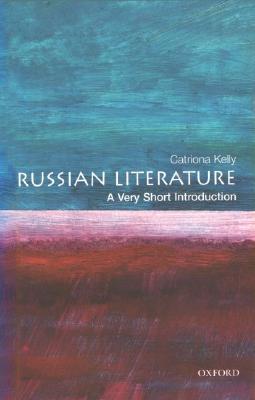
![Consciousness [A Very Short Introduction]](https://www.rulit.me/data/programs/images/consciousness-a-very-short-introduction_479074.jpg)
